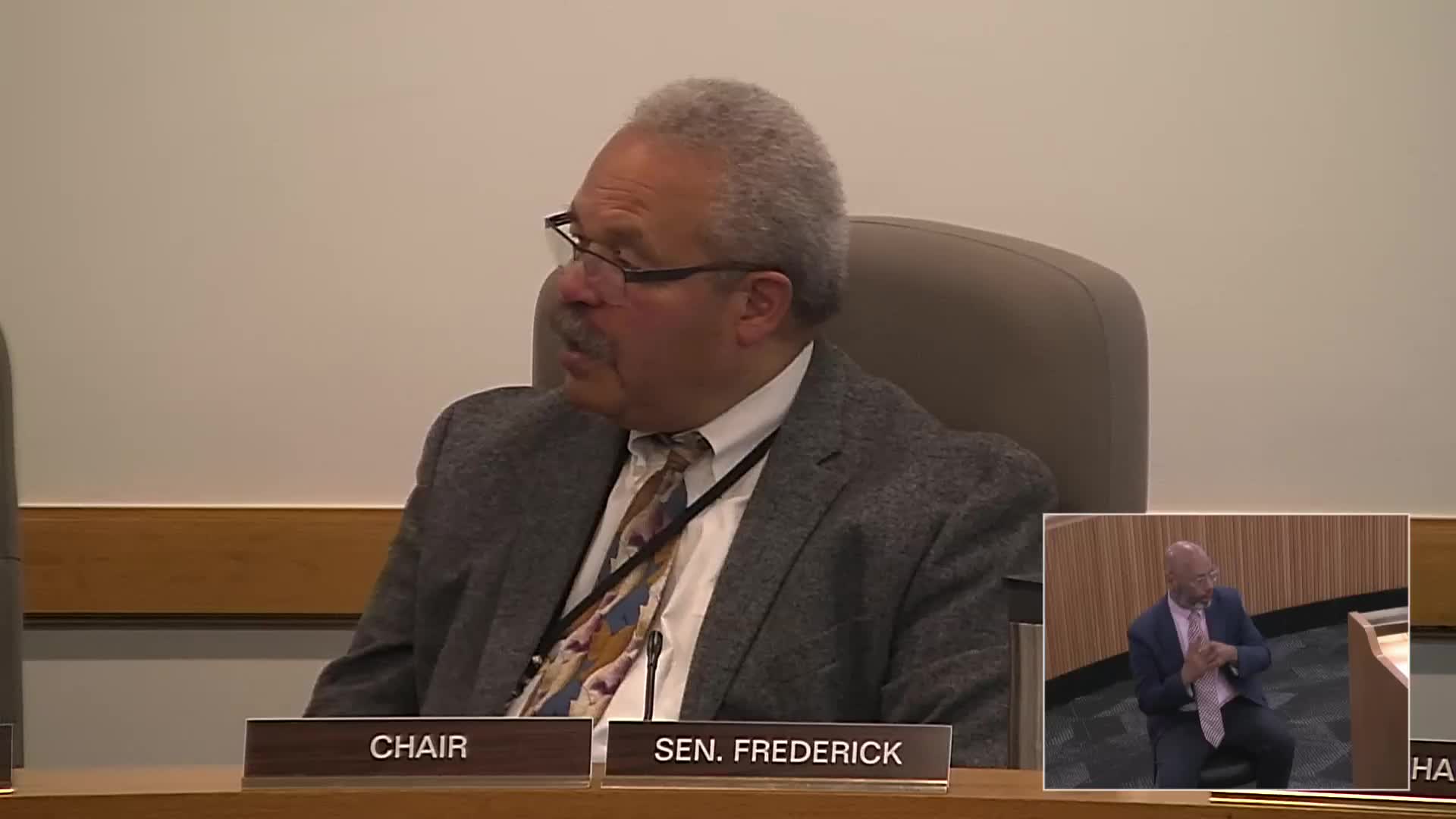Committee considers bill to allow in‑state tuition for asylum seekers at Oregon public universities
Get AI-powered insights, summaries, and transcripts
Subscribe
Summary
House Bill 2586 would expand eligibility for resident tuition to people with pending asylum applications who have not established residency in another state. Supporters said the change would remove a barrier for asylum-seeking Oregonians; committee members asked how universities would verify status and asked for enrollment impact estimates.
The Senate Committee on Education on April 28, 2025 heard testimony on House Bill 2586, which would add asylum seekers with a pending asylum application to the list of noncitizens eligible for in‑state tuition at Oregon public universities and Oregon Health & Science University (OHSU). The bill declares an emergency and would take effect on passage, testimony said.
Representative Zach Hudson introduced the bill and described how asylum seekers—unlike refugees—are often treated as international students by universities while their immigration cases are pending. "Although Oregon offers in state college tuition to refugees living in Oregon, asylum seekers aren't refugees by definition," Hudson said. He noted the federal statute that governs asylum applications, 8 U.S.C. §1158, and cited ORS 352.287 as the state statutory section that currently lists which noncitizens qualify for in‑state tuition.
Supporters argued the change would allow students who live in Oregon while their asylum applications are pending to attend state institutions without nonresident tuition barriers. Senator Winswe Campos (testifying in support) said the bill reflects Oregon values and helps students who are already living and studying in the state.
Community organizations and service providers testified in favor. Bridal Conroy of Ecumenical Ministries of Oregon (IMO) said asylum seekers often cannot afford out-of-state rates—the University of Oregon out-of-state tuition example cited in testimony exceeded $44,000 for the academic year—and that many asylum seekers simply do not enroll under current rules. Don Tedera of Catholic Charities of Oregon submitted written testimony describing his personal experience seeking asylum and urging the expansion. Labor and faith-based groups supported the change as an access and equity measure.
Committee members asked technical questions about verification and expected enrollment impacts. Sponsors said universities do not generally collect data on asylum-seeker status for incoming students and that institutions would need to accept documentation showing an active asylum application; universities could set administrative rules for verification. Sponsors and witnesses said it was difficult to predict how many students would be affected because many current asylum seekers do not enroll due to out-of-state tuition rates; one witness noted asylum adjudication can take several years.
No committee vote on HB 2586 was recorded during the hearing.
